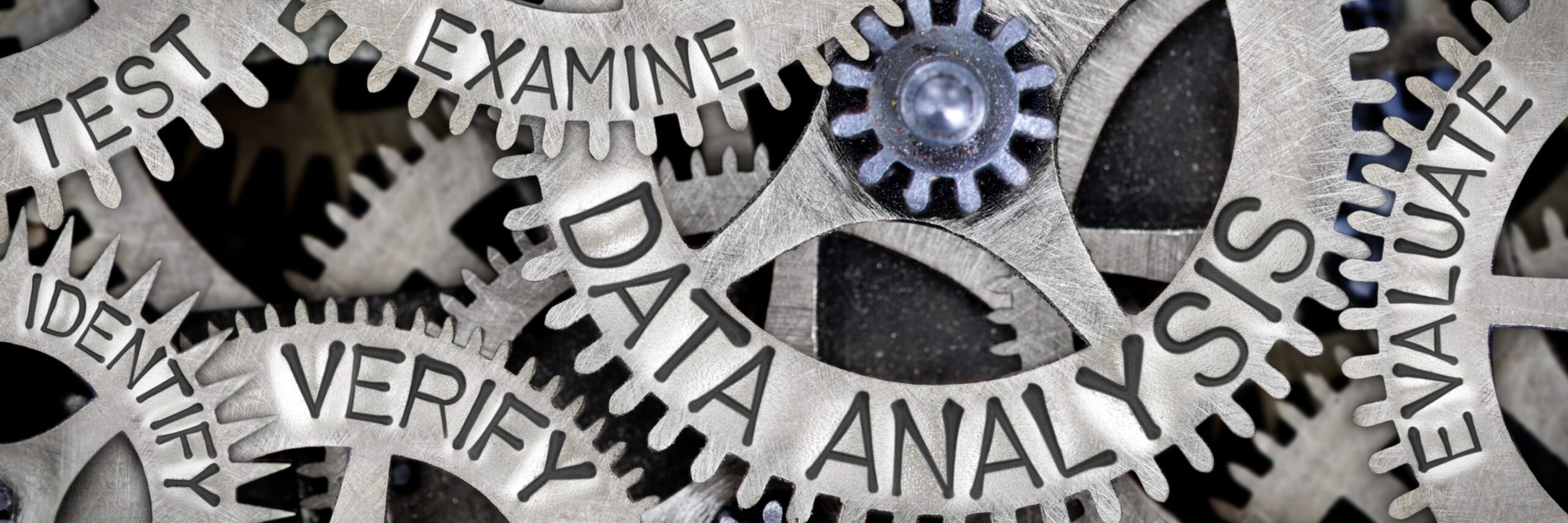It was only a matter of time before artificial intelligence made its way into healthcare, and then startups beginning to apply machine deep learning algorithms to further automate clinical trials. AI is being utilized more frequently in drug discovery by leading companies such as Insilico Medicine who are emerging in this sector and have recently announced plans for collaboration with Pfizer. Insilico may be most recognized for its work in biomarker and small molecule identification, the company believes that its AI powered platform will accelerate clinical trial outcomes.
TriNetX is designing better clinical trials that begin with bigger and better data, this company is reported to have raised $102 million since being founded in 2013. The company has acquired Custodix NV which provides services around clinical trial designs and patient feasibility. TriNetX uses it software to collect/analyze health records to identify candidates for clinical trials, and they are expanding their analytical platforms in the area of AI and deep machine learning to provide real world evidence from global clinical data from more than 300 million patients.
Saama was founded in 1997 and has raised $75.8 million. The company acquired rival Comprehend Systems in 2019. Their Life Science Analytics Cloud “seamlessly integrates, curates, and animates unlimited sources of structured, unstructured and real-world data to deliver more actionable insights.” Saama uses AI to provide insights and strategy to some pretty heavy hitters from the healthcare, biotech, and pharma industry.
Treckro is working to simplify clinical trials by utilizing deep machine learning to digitize paperwork which should enable researchers to collaborate from their smartphones even while away from the lab. The company has raised $41 million since being founded in 2015 to further develop their mobile platform to allow researchers to retrieve information and control various protocols using their portal. They claim to manage over 100 clinical trials and are deployed at over 12,000 active sites globally.
Owkin supports drug development to help companies design better clinical trials by utilizing artificial intelligence. The company has raised over $18 million since being founded in 2016. Their platform Socrated uses deep machine learning to integrate sources such as biomedical images, genomics, and clinical data to reveal biomarkers and mechanisms that may be associated with diseases and treatment outcomes. The company recently published a paper in Nature Medicine that utilized deep learning programs on patients with aggressive lung cancer that lead to development of a prognostic model. Now working with bio-pharmaceutical partners they are using those insights to identify high risk patients for clinical trials that may respond to experimental drugs.
Since leaving stealth mode in 2018 Deep Lens has raised over $17.2 million. Their AI platform VIPER was a diagnostic tool for identifying cancer which they gave away for free. Now all of that cloud based data and its network are being used to accelerate and improve pathology analyses by being leveraged by partnering institutions to identify eligible patients at the time of their diagnosis to fast track enrollment into clinical trials.
VeriSIM is working to stop animals from being harmed in experiments with their platform. The company has raised over $6 million since being founded in 2017, and they are developing artificial intelligence powered biosimulation models that can predict how a drug will interact with an animal’s biological system. Their goal is to do away with the need for animal testing, which means that pharma companies could accelerate preclinical phases to move onto human trials. VeriSIM will also be developing similar digital twins of humans, being with Danny DeVito and Arnold Schwarzenegger.
Litmus Health has a dashboard for real time monitoring of clinical studies. The company is taking data from wearables and sensors as well as other smart devices to turn into medically relevant insights. The company’s platform uses deep machine learning to identify patterns in data based participant behavior and responses. In one case study involving 200 patients data was collected over three years by gathering data from smart devices to gain an understanding between the relationship of sleep and flare ups in Crohn’s and colitis patients; the data will be used to help predict when flare ups occur based on sleep, physical activity, and heart rate.
Artificial intelligence is being used more in the healthcare field, now startups are working to automate new drug development starting right from initial identification of biomarkers right through the complexities of clinical trials. The healthcare industry believes startups such as these will help to provide value and shortcuts in discovery and testing of drug candidates. While there are many buzzwords being used by some companies, there has to be merit as some big players both investors and buyers are taking note in these platform’s potential value.




